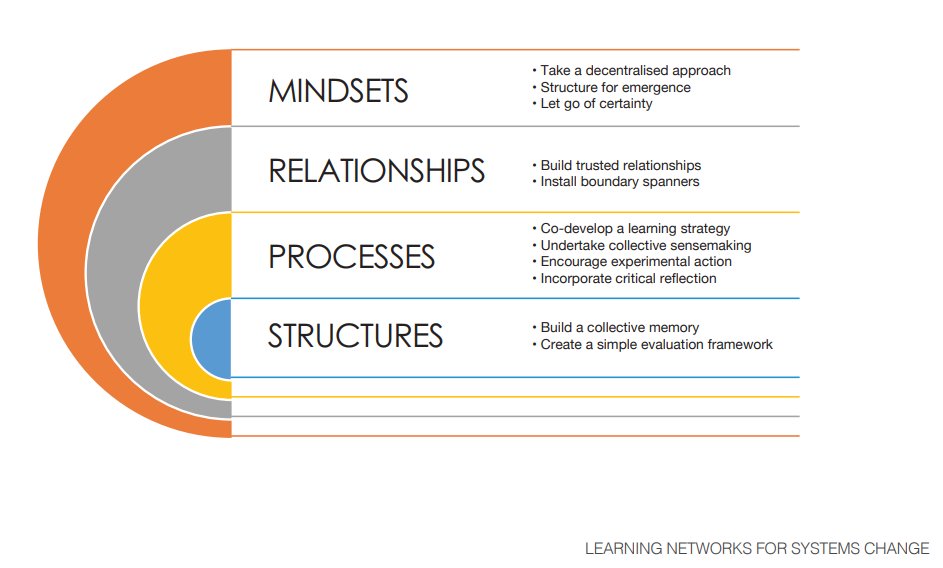
Siobhan Higgins
@DrSiobhanH
Followers
211
Following
848
Statuses
273
Clinical Psychologist passionate about early childhood, neuroaffirmative practice, compassionate care, parent & infant mental health, 1001 days. Views my own.
London, England
Joined June 2018
RT @KssOdn: 💜Today is World Prematurity Day 2024. 💜 KSS Neonatal Parent Advisory Group & KSS ODN, are marking today by sharing messages of…
0
8
0
RT @TNDPractice: Pregnancy can be a profound journey for neurodivergent individuals. Challenges often take the spotlight, in our new blog w…
0
1
0
RT @TNDPractice: Our blog about neurodivergence in pregnancy is now live. We are passionate about Maternal & Infant Mental Health & keen to…
0
1
0
RT @TNDPractice: The Neurodivergent Parent Space is open! We're developing resources! Let us know what would you would like?
0
1
0
RT @TNDPractice: The conversation and terms linked to the neurodiversity movement is still unfamiliar to many, at The Neurodiversity Practi…
0
1
0
RT @TNDPractice: Delighted to share that our membership for neurodivergent parents is now live! Come join us if you're a parent who identif…
0
1
0
RT @tourettesaction: 🧠💚 Ever wondered what Tourette Syndrome really is? Contrary to common misconceptions, TS is not just about swearing –…
0
19
0
RT @tourettesaction: Yes, Tourette’s does have a huge impact on the lives of those with Tourette’s & their families & yes it hurts. BUT,…
0
36
0
RT @TNDPractice: It's #MentalHealthAwarenessWeek. Neurodivergent children & young people can struggle with wellbeing more than most. Partne…
0
3
0
RT @MMHAlliance: It is unacceptable that black women continue to experience poorer outcomes - every contact with a health professional must…
0
23
0
RT @MMHAlliance: Day 6 #MMHAW24: Support for all Just as #MaternalMentalHealth issues can look and feel different from person to person, s…
0
3
0
RT @TNDPractice: Neurodivergent parents have a unique emotional journey during a neonatal admission. Struggles with beeping monitors, ward…
0
2
0
RT @acamh: Interested in learning more about #Racism in the #MentalHealthSystem? Check out this great podcast from @MalaikaLO & Jess O’Log…
0
1
0
RT @TNDPractice: Neurodivergent parents have a unique journey. Skin-to-skin contact may be overstimulating. Feeding & soiling smells may be…
0
2
0
RT @TNDPractice: Managing sensory issues, disruptions to routine, visitors, hormonal changes, baby's needs & communication, managing overwh…
0
4
0
RT @TNDPractice: It's #MaternalMentalHealthAwarenessWeek! We’re mindful of the barriers experienced by neurodivergent parents in pregnancy,…
0
1
0
RT @MMHAlliance: Maternal or perinatal mental health problems are more common than you might think, impacting at least 1 in 5 mums. But wit…
0
77
0
Such a helpful resource to think about building workplace culture
How can we build a culture of learning at scale? There's an increasing focus on ‘learning networks’ (as well as, or instead of, learning within organisations). It's built on a sense we need to support learning to occur across scales & boundaries - from the individual to system-wide. How to develop an effective learning network: 1) Take a decentralised approach: create a network of diverse experiences and voices. 2) Structure for emergence: create some "simple rules" that foster the exchange of knowledge and the emergence of new ideas, behaviours, actions & connections. 3) Let go of certainty: help network members to see learning (and unlearning) as a strength rather than a threat. 4) Build trusted relationships: create processes to foster ties & trust across the network. 5) Invite ‘boundary spanners’ (people who have connections across other networks): support those who are not ‘inside the tent’ including reframing their role in the learning process & the value they bring 6) Co-develop a learning strategy: give all members the opportunity to be part of collaborative decision-making. 7) Regard learning together (collective sensemaking) as "real work": learning should inform action in real time and be done in context, rather than abstract ‘learning time’ outside the system or the work. 8) Encourage network members to take experimental action: start with small tests. 9) Incorporate critical reflection: Develop methods of surfacing differences in how a group sees, understands, & responds to situations. 10) Build a collective memory: Define processes for capturing, distilling, applying & sharing knowledge. 11) Create a simple evaluation framework: e.g., how people work together, new behaviours & practices, confidence & capability to engage with difference & unlearn. By @theasnow. See also by @orangecompassAU
0
0
6


